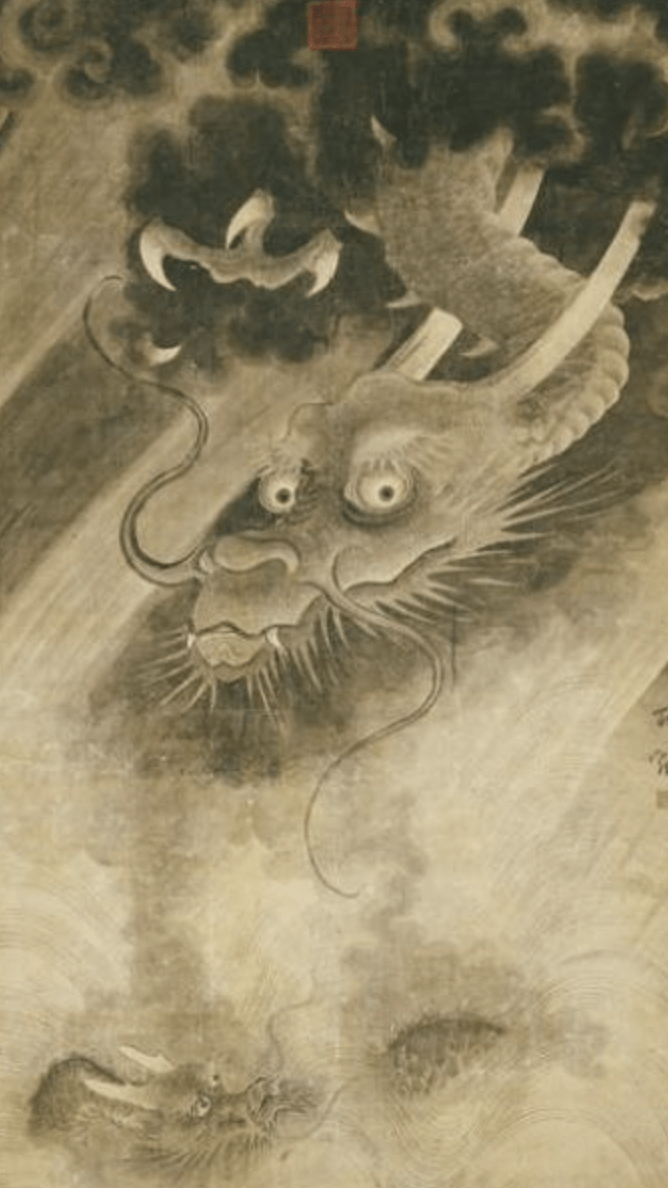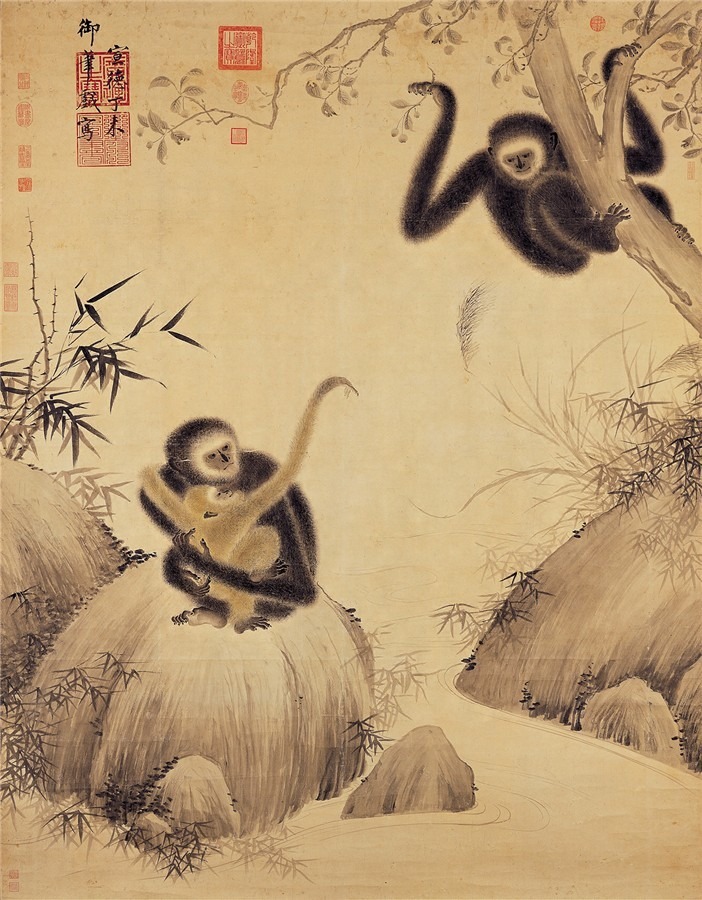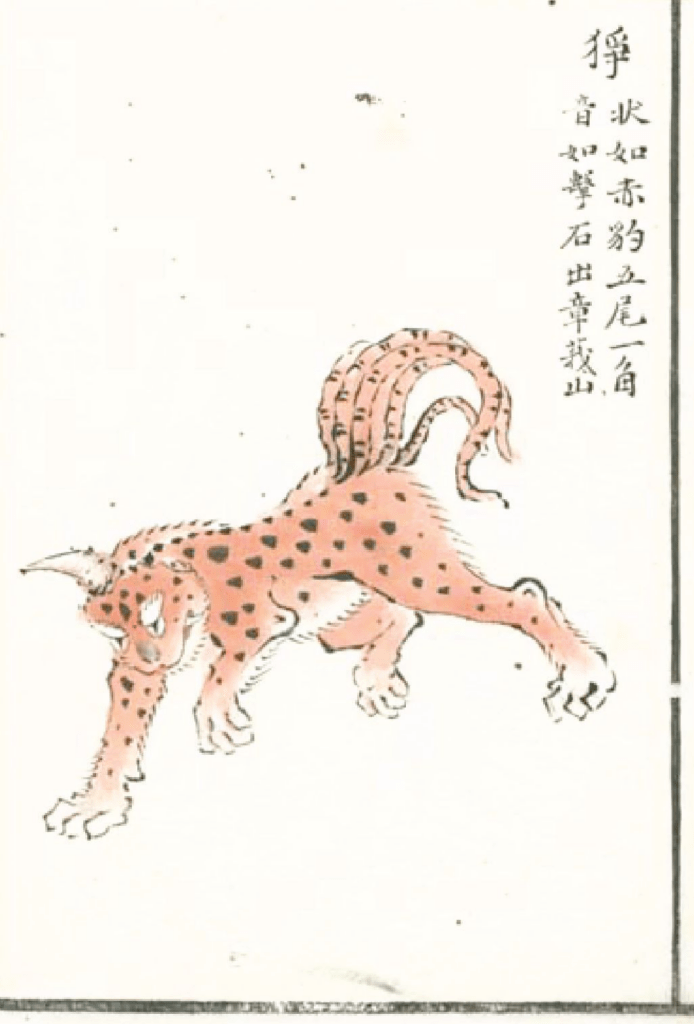The God of Mount Taibai
The god of Mount Taibai(太白山神) in central Qin is considered the most efficacious. At the summit of Mount Taibai, there are three ponds known as the Big Taibai, Middle Taibai, and Three Taibai. If leaves, weeds, or mud fall into these ponds, flocks of birds will come and carry away these impurities. Therefore, the local people refer to these birds as the ‘Pond-cleaning Birds(淨池鳥).’
Once, a carpenter accidentally fell into the Taibai Pond and discovered another world beneath its surface.





